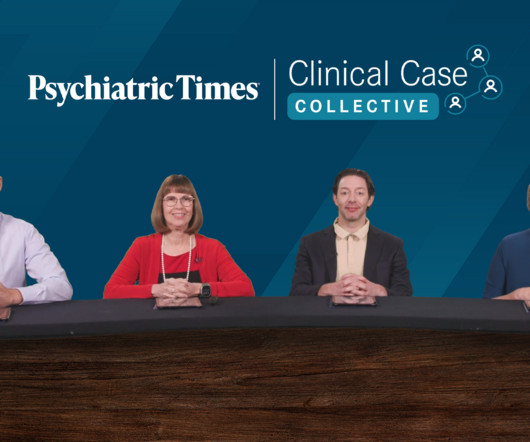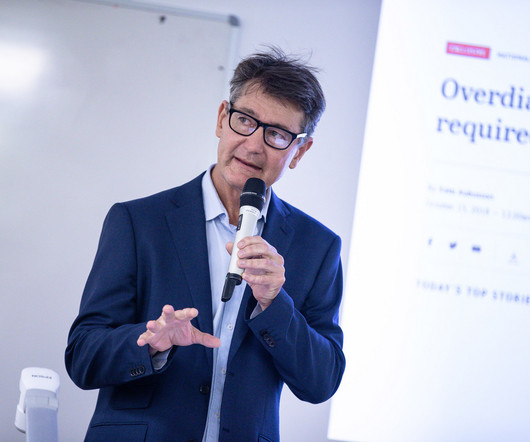Successfully Prescribing MAOIs for Depression
Psychiatric Times
JULY 24, 2025
TARGET AUDIENCE This accredited continuing education (CE) activity is intended for psychiatrists, psychologists, primary care physicians, physician assistants, nurse practitioners, and other health care professionals who seek to improve their care for patients with mental health disorders.












Let's personalize your content